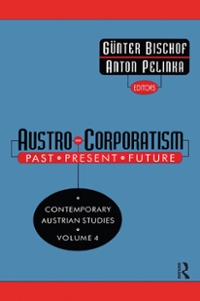Question
1.What are the functions of money? 1.1Are debit cards and credit cards money? 2. Since both central banks and commercial banks can create money what
1.What are the functions of money?
1.1Are debit cards and credit cards money?
2. Since both central banks and commercial banks can create money what is the key difference between a central bank, like the Bank of Canada, and the many commercial banks in the financial industry?
3.Suppose the banks receive $100 cash from a new deposit of funds previously held outside the banking system. If banks operate with a 5% reserve ratio, use simple balance sheets to show by how much this new cash would affect lending and deposits of all banks in the system.
4. If banks have a 10% reserve ratio how much lending and deposit creation can they undertake after they receive a new $1,000 cash deposit?
4.1Would it be in the banks' interest to find ways to reduce any cash balances the public holds? Why?
5. What protection does the Canadian Deposit Insurance Corporation provide for your money if your bank is unable to pay cash to its depositors?
6 Define the money multiplier and explain how it might be used.
7 Suppose a crisis in financial markets, like the collapse of public willingness to hold large denomination term deposits in 2007 and 2008, increases the risk banks attach to lending and the non-bank public attaches to all bank deposits. What are the implications for the desired reserve ratio, the money supply multiplier, and the money supply?
8 Using a diagram illustrate and explain the determinants of the position and slope of the money supply function assuming an initial monetary base of $1,000 when rr = 5%. If the monetary base were to increase by 10% how would the money supply and the money supply function in your diagram change?
9.1 If the current market interest rate is 3 percent and a bond promises a coupon of $3 each year in perpetuity (forever), what is the current market price of the bond? Suppose you were holding such a bond and current market interest rates fell from 3 percent to 2.5 percent. Would you be pleased or disappointed by the return on your bond holding? Why?
10.Suppose you are holding a bond that will pay $5 each year for the next two years from today and mature two years from today.
(a) If current two-year market interest rates are 5 percent, what is the market price of your bond?
(b) If market interest rates rise tomorrow to 6 percent, what happens to the market price of your bond?
(c) What is the "market risk" in holding bonds?r
Step by Step Solution
There are 3 Steps involved in it
Step: 1

Get Instant Access to Expert-Tailored Solutions
See step-by-step solutions with expert insights and AI powered tools for academic success
Step: 2

Step: 3

Ace Your Homework with AI
Get the answers you need in no time with our AI-driven, step-by-step assistance
Get Started


